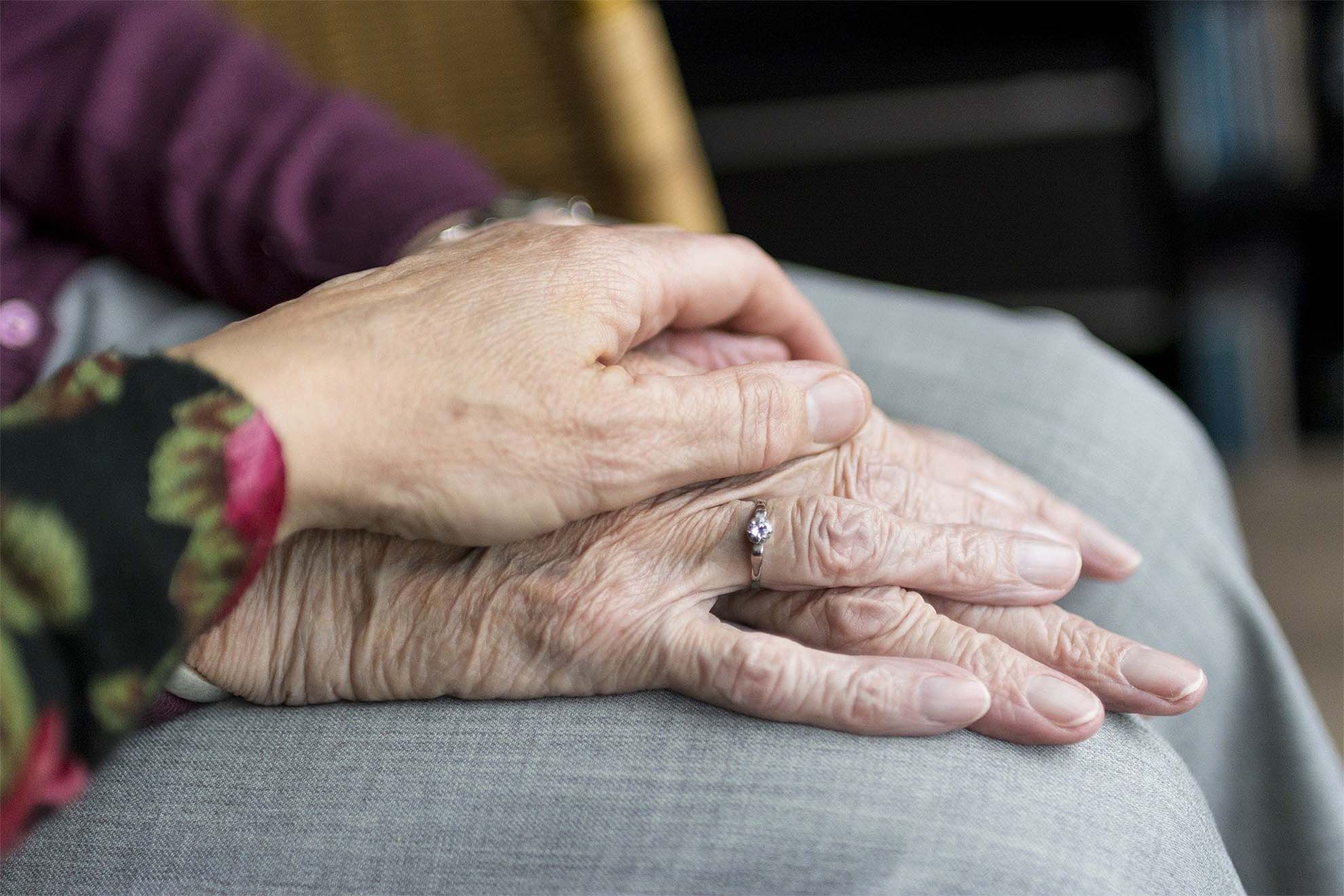How to Care for Someone Living with Dementia

Caring for someone living with dementia is both rewarding and challenging. It requires patience, understanding and a thoughtful approach that balances safety, comfort and emotional well-being. When dementia progresses and it becomes harder for a loved one to live independently, professional care within a supportive environment can make all the difference. This blog explores what it means to care for someone with dementia and how care homes provide the specialist support needed to maintain dignity and quality of life.
What is Dementia?
Dementia is a broad term used to describe symptoms that affect memory, thinking and behaviour. It’s not a single disease but rather a collection of conditions, with Alzheimer’s disease being the most common. Other types include vascular dementia, Lewy body dementia and frontotemporal dementia.
Over time, dementia can make everyday tasks such as communication, cooking, or remembering familiar people more difficult. It can also influence mood and personality. Because every person’s experience with dementia is unique, care must be individually tailored to support their specific needs and abilities.
Understanding dementia is the first step to providing meaningful care. Recognising the impact it has on perception and understanding helps carers and family members create an environment that feels familiar, calm and reassuring.


The Importance of Personalised Dementia Care
People living with dementia benefit from routines and a familiar environment that help them feel secure. In a care home setting, dementia care focuses on providing stability and structure while ensuring each resident’s preferences and personality remain central to daily life.
Carers are specially trained to recognise changes in mood, communication and cognitive ability. They provide round-the-clock support while promoting independence wherever possible. A person-centred approach ensures residents are treated as individuals rather than defined by their diagnosis.
This means understanding their background, interests and personal history. For example, staff may encourage conversations about favourite memories, music or family traditions, all of which can bring comfort and spark recognition.
Every resident has a personalised care plan that outlines their routines, preferences, medical needs and goals. This allows the care team to deliver consistent, compassionate care tailored to the person’s evolving needs.
Supporting Emotional and Mental Well-Being
Living with dementia can sometimes cause confusion, frustration and anxiety. Compassionate care is about more than managing symptoms; it’s about fostering joy and connection in everyday life.
Activities like music therapy, art and crafts, or gentle reminiscence sessions can help stimulate memory and promote a sense of purpose. Group activities encourage residents to stay social, while quiet spaces allow for calm reflection when needed.
For many people, maintaining a sense of identity is deeply important. Care homes often create memory walls or personal photo displays to help residents recognise their space and feel truly at home. These small details can make a significant difference in helping individuals feel grounded and secure.
Creating a Safe and Supportive Environment
Safety is a key consideration in dementia care. Many homes are designed with thoughtful features to reduce confusion and promote independence. Clear signage, colour-coded hallways and well-lit areas can help residents navigate their surroundings with confidence.
Outdoor spaces such as secure private gardens also play an important role. They provide an opportunity to enjoy nature, fresh air and gentle activity, all of which contribute to physical and mental well-being. Spending time outdoors can reduce stress, encourage relaxation and improve mood.
Within bedrooms, familiar furniture and personal belongings are encouraged to create a comfortable, homely atmosphere. At Mayflower Care Home, each resident benefits from an ensuite bedroom, allowing privacy and dignity while ensuring support is always close at hand.
Involving Families in Dementia Care
Family involvement is essential to good dementia care. Relatives know their loved one best and can offer valuable insights into their life story, personality and routines.
Many care homes maintain open communication with families, offering regular updates and inviting them to take part in activities or visits whenever possible. This helps build trust and provides reassurance that their loved one is being supported in a caring, respectful way.
Care homes may also run family support groups or provide educational resources to help relatives better understand dementia and how to continue meaningful connections with their loved one.


Managing Changing Health Needs
Dementia is a progressive condition, and care needs can evolve over time. In a dedicated care setting, residents have access to continuum of care, meaning their support can adapt as their condition changes.
At Mayflower Care Home, residents have access to a full range of services including residential care, nursing care, respite care, and dementia care. This ensures individuals can remain in familiar surroundings even as their health needs become more complex, without the stress of moving between different facilities.
This continuity helps maintain emotional stability and provides peace of mind for both residents and their families.
Encouraging Daily Purpose and Engagement
A fulfilling daily routine helps residents maintain independence and confidence. Activities coordinators within care homes design programmes that cater to a wide range of abilities and interests, from gardening and baking to singing or light exercise.
Meaningful engagement isn’t just about entertainment; it helps preserve cognitive skills, boosts mood and encourages social connection. Residents who feel valued and involved are often happier and more relaxed, creating a positive community atmosphere.
Dementia Care at Mayflower Care Home
At Mayflower Care Home in Gravesend, our compassionate team is dedicated to supporting people living with dementia through personalised, high-quality care. Each resident is treated as an individual, with care plans designed around their personality, preferences and unique needs.
From peaceful gardens and luxury dining to engaging daily activities, we ensure every day brings comfort, joy and connection. Our team provides 24-hour support in a safe, homely environment where residents can feel secure and loved.
If you would like to learn more about our specialist dementia care or discuss how we can support your loved one, contact our friendly team today to book a visit and experience the welcoming atmosphere of Mayflower Care Home for yourself.





